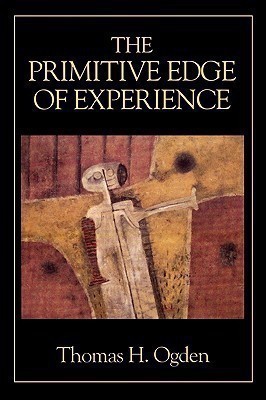The Primitive Edge of Experience(English, Paperback, Ogden Thomas H.)
Quick Overview
Product Price Comparison
"This is an extraordinary and exciting book, the work of a truly original and creative psychoanalytic theoretician and most astute clinician. Ogden continues to expand and to deepen his reformulations of the British object-relations theorists, M. Klein, W. R. Bion, D. W. Winnicott, W. R. D. Fairbairn, H. Guntrip, to illuminate further the world of internalized object relations. His concepts are evolutionary and at times revolutionary. Exploring the area of human experience that lies beyond the psychological territories addressed by the previous theorists, he introduces the concept of an autistic-contiguous mode as a way of conceiving of the most primitive psychological organization through which the sensory "floor" of the experience of self is generated. He conceives of this mode as a sensory-dominated, presymbolic area of experience in which the most primitive form of meaning is generated on the basis of organization of sensory impressions, particularly at the skin surface. A major tenet in the book is a conceptualization of human experience throughout life as the product of a dialectical interplay among three modes of generating experience: the depressive, the paranoid-schizoid, and the autistic-contiguous. Each mode creates, preserves, and negates the other. No single mode of generating experience exists independently of the others. Psychopathology is conceptualized as a "collapse" of the dialectic in the direction of one or another mode of generating experience. The outcome of such collapse may be entrapment in rigid, asymbolic patterns of sensation (collapse in the direction of the autistic-contiguous mode), or imprisonment in a world of omnipotent internal objects where thoughts and feelings are experienced as things and forces which occupy or bombard the self (collapse in the direction of paranoid-schizoid mode) or isolation of the self from lived experience and aliveness of bodily, sensations (collapse in the direction of the depressive mode). Ogden presents his unique development of the autisti


